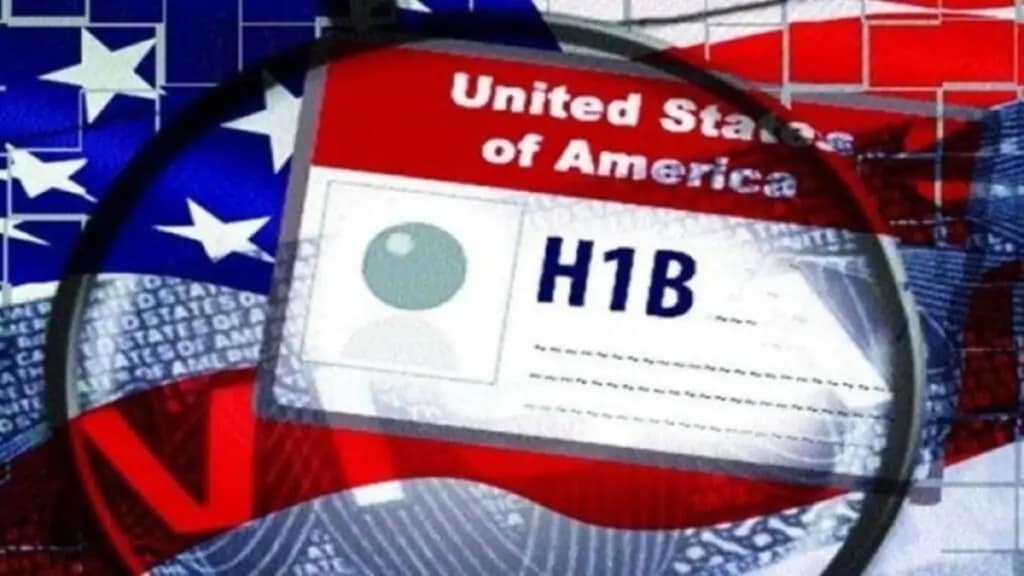America’s reputation as a top destination for career-oriented students and international workers may have taken a hit recently. The number of eligible registrations and beneficiaries has witnessed a big dip for FY 2026. But, is it true? Let us explore.
USCIS has received sufficient electronic registrations for the FY2026 H-1B visa cap, including the advanced degree exemption, confirming the successful completion of the initial registration period.
In total, USCIS selected 118,660 unique beneficiaries, resulting in 120,141 selected registrations in the initial selection for the FY 2026 H-1B cap.
However, during the registration period for the FY 2026 H-1B cap, USCIS saw a significant decrease in the total number of registrations submitted and eligible beneficiaries compared to FY 2025. There was also a decrease in the number of registrations submitted on behalf of beneficiaries with multiple registrations.
The number of unique employers this year for FY 2026 (approximately 57,600) was comparable to the number last year for FY 2025 (approximately 52,700). But, the number of eligible unique beneficiaries this year for FY 2026 (approximately 339,000) was significantly lower than the number last year for FY 2025 (approximately 442,000). The number of eligible unique beneficiaries fell by 23% in FY 2026.
The number of eligible registrations was also dramatically lower for FY 2026 (343,981) compared with FY 2025 (470,342) — a 26.9% reduction.
Overall, USCIS saw an average of 1.01 registrations per beneficiary this year for FY 2026, compared to 1.06 for FY 2025. This means that, on average, each beneficiary only had approximately one registration submitted on their behalf.
USCIS believes that the data for the FY 2025 and FY 2026 H-1B cap registration period shows that there were far fewer attempts to gain an unfair advantage than in prior years.
The reason for fewer H-1B applications for 2026 is in large part because USCIS has implemented the beneficiary-centric selection process. Many industry experts are attributing the fall in the H-1B cap registration numbers to the increase in fees from $10 to $215.
Under the beneficiary-centric selection process for H-1B registrations, instead of selecting by registration, U.S. Citizenship and Immigration Services (USCIS) will select registrations by unique beneficiary.
Each unique beneficiary who has a registration submitted on their behalf will be entered into the selection process once, regardless of how many registrations are submitted on their behalf.
If a beneficiary is selected, each registrant who submitted a registration on that beneficiary’s behalf will be notified of the beneficiary’s selection and will be eligible to file a petition on that beneficiary’s behalf during the applicable petition filing period.
Changing to a beneficiary-centric selection process for H-1B registrations is expected to reduce the potential for gaming the process to increase chances for selection and help ensure that each beneficiary has the same chance of being selected, regardless of how many registrations are submitted on their behalf.
USCIS also ensures that at the time each registration is submitted, each prospective petitioner is required to sign an attestation that the registrations reflect a legitimate job offer; and the registrant, or the organization for whom the registration is submitted, has not worked with, or agreed to work with, another registrant, petitioner, agent, or other individual or entity to submit a registration to unfairly increase chances of selection for the beneficiary or beneficiaries in this submission.
USCIS seems to be fairly convinced that the decreased filing rate for FY 2024 H-1B cap petitions and the decreased registration numbers for FY 2025 and FY 2026 indicate that these investigations, and the beneficiary-centric selection process, have been effective integrity measures.
The number of employers using the H-1B route has not fallen, showing that American companies are not shying away from hiring foreign workers. A fall in the registration and beneficiaries count is perhaps because of the change in the process of selecting the foreign candidate for filing the H-1B petition.

